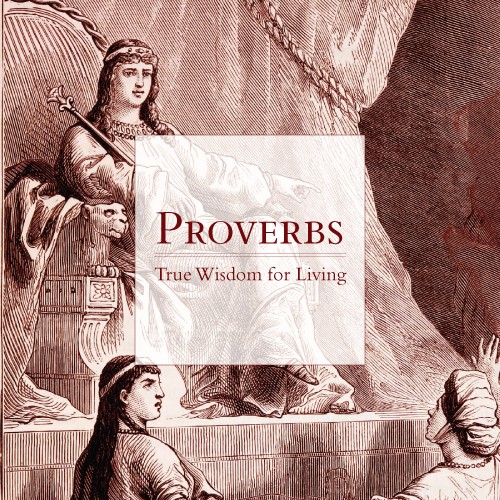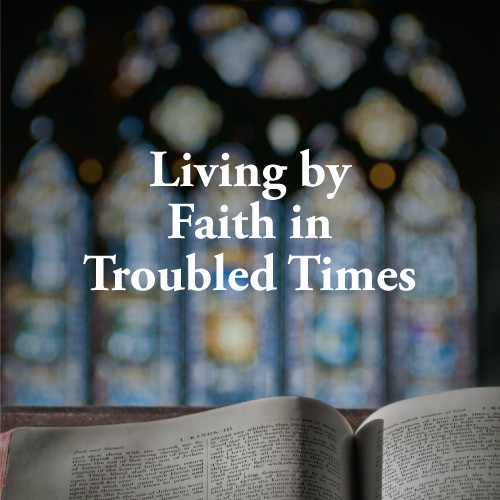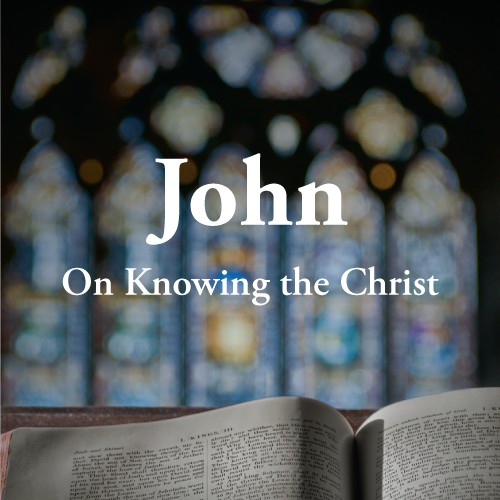
Sermon
Strangeness and the Order of God
Tim Keller | October 3, 2004
Overview
The appeal of legalism—of multiplying more and more rules—is so we don’t have to think. We want a rule to cover every situation. We don’t want to have to actually think out the implications.
But you know what? No matter how much you multiply rules, you’ll never cover all of the situations. It just doesn’t work. You need wisdom. Wisdom is being in touch with and understanding reality. What does it mean to be in touch with reality?
In these passages in Proverbs and Revelation we’re taught 1) the persistence of reality, 2) the problems with reality, and 3) how it gets healed.



